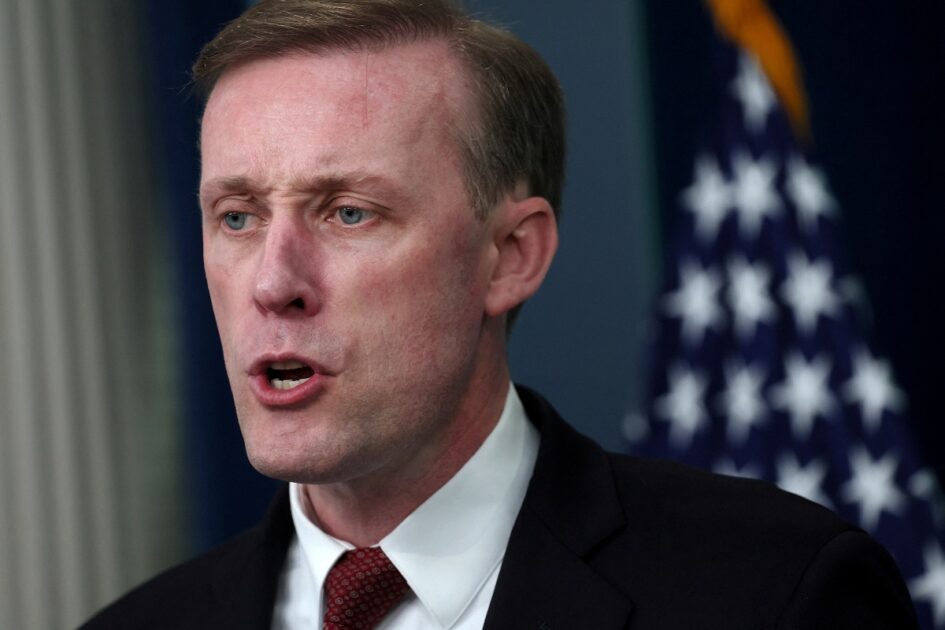- Web Desk
- Now
UK General Election: Sunak’s surprise move sets stage for political showdown
-
- Web Desk
- May 23, 2024

LONDON: British Prime Minister (PM) Rishi Sunak surprised many by announcing an early United Kingdom (UK) general election for July 4 on Wednesday.
This pits the ruling Conservatives against the main opposition Labour party. The left-leaning Labour party is currently ahead in the polls with Keir Starmer aiming to seize power after 14 years of Conservative-led government.
Read more: UK’s Labour claim big early win over PM Sunak’s Conservatives
Sunak’s unexpected announcement comes after speculation heightened due to positive economic signals and an impromptu cabinet gathering.
Before the election, the British parliament will wrap up unfinished legislative business by Friday. Then, on May 30, it will formally dissolve. This means that all parliamentary activities will cease, preparing for the upcoming general election.
The five-week campaign period will then begin, during which all current members of the British parliament (MPs) will become candidates. The British government will enter a pre-election period, restricting its actions until a new government is formed.
The electoral system in the UK operates on a simple principle: the candidate who receives the highest number of votes in a constituency wins the election, regardless of whether they secure an absolute majority (that is, more than 50 per cent of the total votes). This means that even if a candidate only receives a plurality of the votes (the most votes among all candidates), they still win the seat.
The UK general election will cover 650 constituencies across the country. In each constituency, citizens who are 18 years old and above are eligible to vote. The registered voters can choose a candidate either by physically visiting a polling station or by casting their vote through postal ballots.
In each constituency, the candidate who receives the highest number of votes secures a seat in the British parliament. If a political party manages to secure a majority of at least 326 seats, it forms the government, and its leader assumes the role of prime minister.
In the December 2019 election, Boris Johnson led the conservatives to victory, with his campaign heavily focused on “seeing Brexit through a logical end.” Brexit signifies the UK’s choice to exit the European Union (EU) following a 2016 referendum.
Johnson’s government then engaged in intense negotiations with the EU to define the terms of their future relationship. The UK would officially depart from the EU on January 31, 2020.
Johnson’s leadership faced numerous issues, culminating in his resignation in 2022. Meanwhile, Keir Starmer’s Labour party has sustained a consistent lead in opinion polls, largely attributed to economic hardships and internal discord within the Conservative party.
However, Starmer faces a significant challenge in securing a majority, as it demands a substantial shift in support from an older population with strong leanings towards the right.
There’s a tangible risk of a deadlock in the British parliament. In the absence of a clear majority, smaller parties would need to engage in negotiations to forge alliances and establish a government.
Read more: Rishi Sunak calls UK national election for July 4
The upcoming session of the British parliament is slated to commence on July 9. On July 17, the official State Opening will take place, signaling the start of a fresh legislative term.




